
Active Citizenship
Active citizenship in this context refers to the power of individuals or small resident groups to proactively engage in community mapping exercises for improving their city or neighborhood.

Active citizenship in this context refers to the power of individuals or small resident groups to proactively engage in community mapping exercises for improving their city or neighborhood.
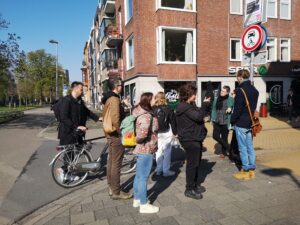
NOSTALGEO allows people to view old photos combined with today’s Street View. Users can also add and manage their own photos for free using the upload module.
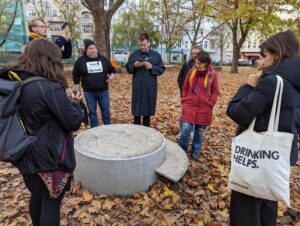
ArcGIS Online provides a cloud-based mapping and analysis solution. It is used to create interactive web maps, analyse data, share and collaborate.
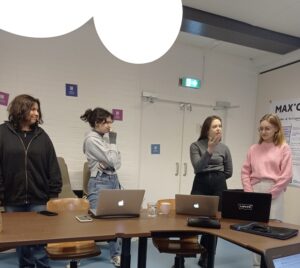
Civic Alert is a platform designed to facilitate communication between citizens and governments. Citizens can use their mobile application to report problems in the city to the authorities in three easy steps.

The method can be used in various contexts involving groups of people who want to design a common space or project together, such as gardens, public spaces or urban planning scenarios.
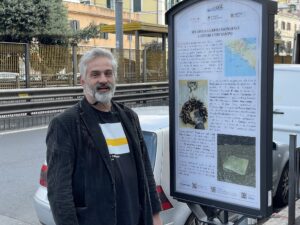
The concept of Ecomuseum emphasises the link between the museum and its social and environmental context. Ecomuseums encourage sustainable community development through local organisations that promote the conservation of heritage related to a geographical area.
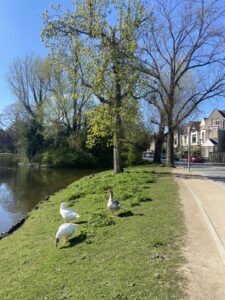
The Hush City is a free mobile app that enables people to find and rate quiet places in cities. It has an open-access, web-based map of quiet places that has the potential to guide policies and guidelines for healthier living for citizens.
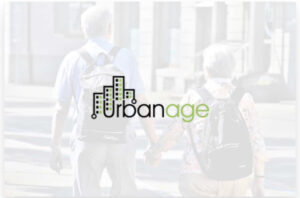
URBANAGE stands for Enhanced URBAN planning for AGE-friendly cities through disruptive technologies. The tool facilitates easy digital data collection from older residents.
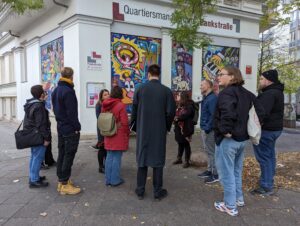
KiezActionBound helps to discover a neighbourhood with gamification. It’s based on the Actionbound app, a tool for creating educational games such as digital treasure hunts, mobile adventures, and interactive guides.
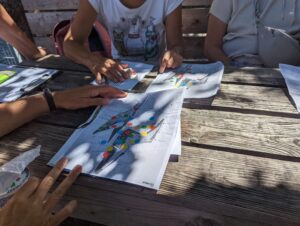
Culture Tester is a method from Experience Design. It is based on the assumption that places and spaces create their own culture and is based on giving users an understanding of how they experience a space by producing cultural value and meaning for it.